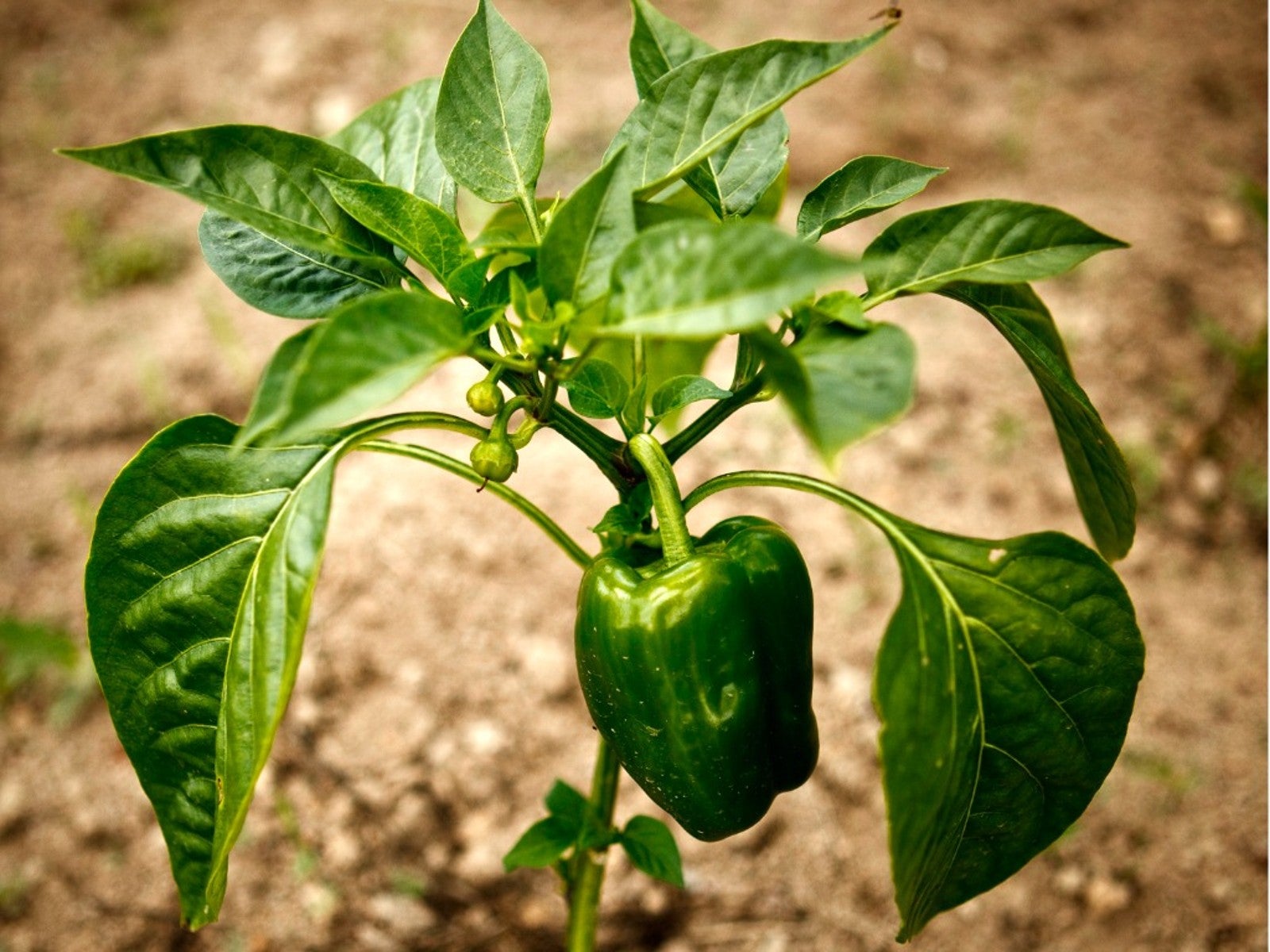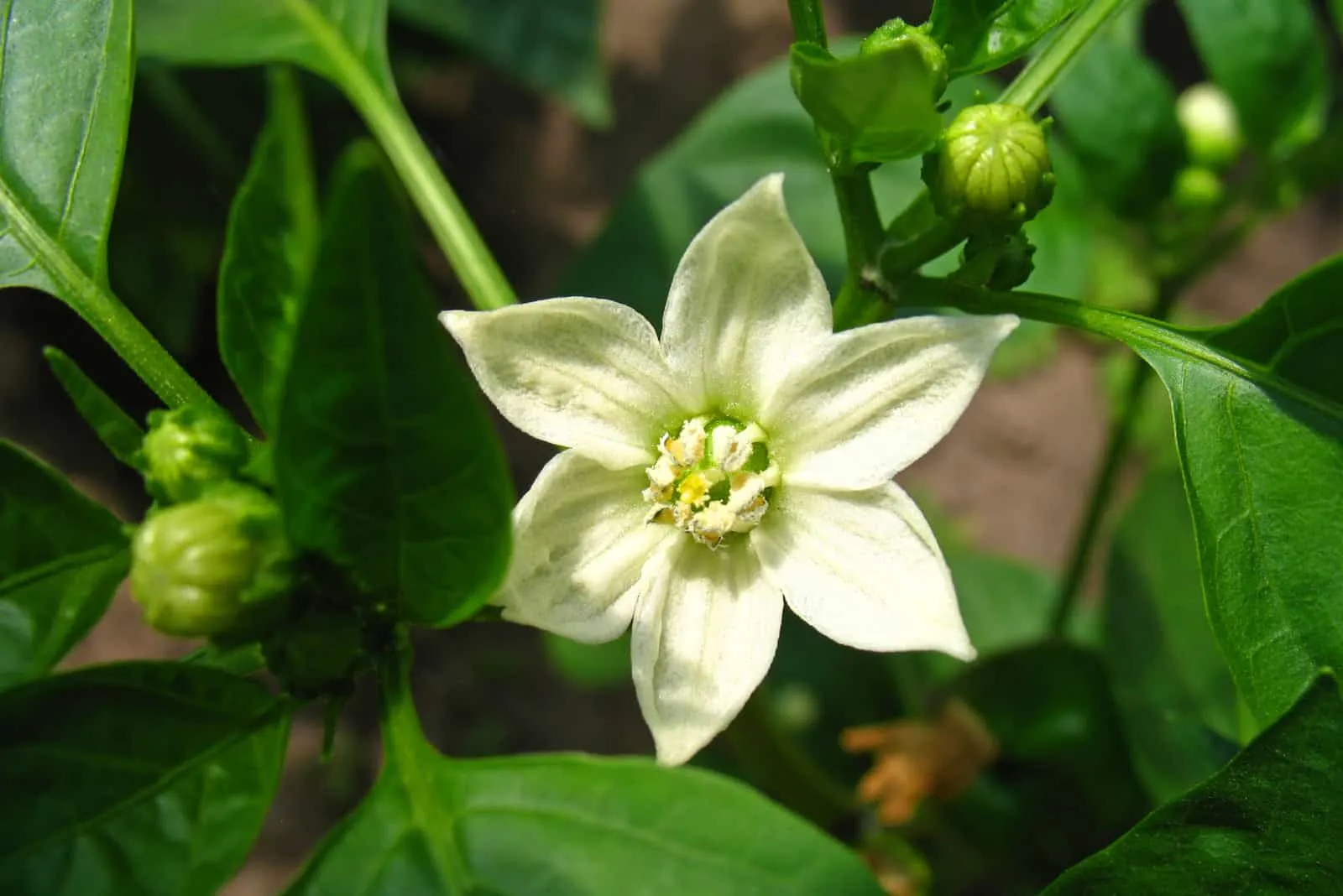Pepper plant leaf drop is a common problem that can affect the health and productivity of pepper plants. This condition can be caused by a variety of factors, including water stress, nutrient deficiencies, pests, and diseases.
Understanding the causes of pepper plant leaf drop is the first step to preventing and treating this condition. By taking proper care of your pepper plants, you can help them stay healthy and productive.
Pepper Plant Leaf Drop Causes

Leaf drop in pepper plants can be caused by various factors, including water stress, nutrient deficiencies, pests, and diseases. Identifying the underlying cause is crucial for implementing effective management strategies.
Water Stress
Water stress occurs when pepper plants do not receive adequate water. Symptoms include wilting, yellowing, and premature leaf drop. Severe water stress can lead to stunted growth and reduced fruit production.
Nutrient Deficiencies
Pepper plants require specific nutrients, such as nitrogen, phosphorus, and potassium, for healthy growth. Deficiencies in these nutrients can cause leaf yellowing, stunted growth, and leaf drop. Nitrogen deficiency, in particular, can lead to yellowing and premature leaf drop.
Pests
Several pests can attack pepper plants and cause leaf drop. Aphids, spider mites, and whiteflies are common pests that feed on plant sap, leading to leaf yellowing, wilting, and eventually leaf drop.
Diseases
Diseases caused by fungi, bacteria, or viruses can also cause leaf drop in pepper plants. Bacterial wilt, caused by the bacterium Ralstonia solanacearum, is a common disease that leads to wilting and leaf drop. Another common disease is powdery mildew, caused by the fungus Erysiphe cichoracearum, which causes white powdery growth on leaves and can lead to leaf drop.
Prevention and Treatment Strategies

Preventing leaf drop in pepper plants involves proper care and timely intervention. Implementing these strategies can help maintain healthy plants and minimize leaf loss.
Watering Practices
- Water pepper plants deeply and infrequently, allowing the soil to dry out between waterings.
- Avoid overwatering, as it can lead to root rot and subsequent leaf drop.
- Use well-draining soil to prevent waterlogging.
Fertilization, Pepper plant leaf drop
- Fertilize pepper plants regularly with a balanced fertilizer to provide essential nutrients.
- Avoid over-fertilizing, as it can damage roots and cause leaf drop.
- Monitor plants for signs of nutrient deficiencies and adjust fertilization accordingly.
Pest and Disease Control
- Inspect plants regularly for pests and diseases.
- Use appropriate pesticides or fungicides to control infestations or infections.
- Remove and destroy infected plant parts to prevent the spread of disease.
Specific Treatment Measures
| Cause | Treatment |
|---|---|
| Nutrient deficiency | Apply appropriate fertilizers to correct deficiencies. |
| Overwatering | Adjust watering schedule and improve drainage. |
| Underwatering | Water plants deeply and regularly. |
| Pests | Use appropriate pesticides to control infestations. |
| Diseases | Use appropriate fungicides to control infections. |
Impact on Plant Health and Yield: Pepper Plant Leaf Drop

Leaf drop in pepper plants is not merely a cosmetic issue; it significantly impacts the plant’s overall health and productivity. The loss of leaves reduces the plant’s photosynthetic capacity, which is crucial for producing energy and nutrients essential for growth and fruit production.
Reduced Yield
Studies have consistently shown a strong correlation between leaf drop severity and reduced yield in pepper plants. For instance, a study conducted in Florida found that plants with severe leaf drop (more than 50% leaf loss) experienced a 30-40% reduction in fruit yield compared to healthy plants. The loss of leaves limits the plant’s ability to capture sunlight and produce carbohydrates, leading to reduced fruit set and development.
